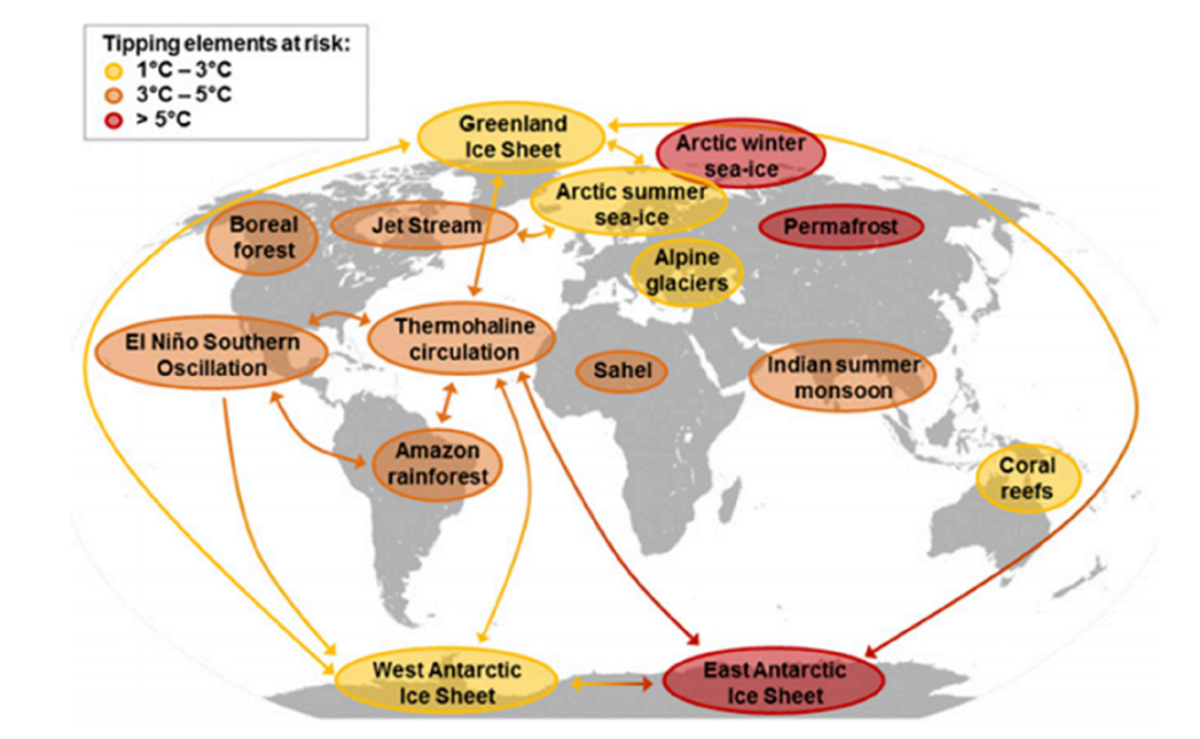The start of a new year invites reflection on what conditions will foreground the year to come. At System of Systems, we have been thinking about how prediction, speculation and forecasting shape how migration is managed and made real in and through technological developments.
Each year, Frontex publishes its Risk Analysis policy guidance that assesses how global shifts will affect border management tactics in the following 12-month period. In July 2022, Frontex published a larger iteration of this report, titled Strategic Risk Analysis. The document identifies the “threats, challenges and opportunities” in the field of EU border management over a ten year horizon, defining possible ‘best’ and ‘worst’-case scenarios. In the latter case, it predicts a future where “the West has a less dominant position in the new world order” which may be combatted, in their view, by establishing that crisis management will become a “permanent feature” of EU border management strategy. Climate change is listed as one of several key ‘megatrends’ that will affect all aspects of border management going forward (along with inequality, health challenges and demographic shifts). Framed in this way, ‘megatrends’ become catalysts and justifications for reinforcing violent border regimes, rather than issues that need to be addressed urgently, in their own right as causes of displacement. The document states:
EU border management should have better situational awareness about climate change and other megatrend-related developments in third countries by including the environmental dimension into migration-related risk analysis and intelligence work…Strategic planning and capability development of Frontex and Member States need to be adapted to meet the new technological surveillance requirements and adopt technologies in response to climate change (e.g. extreme weather phenomena).
This year, we will continue to explore how prediction and prevention work together in a border management context. By speculating about the future, prediction constructs reality. Through identifying issues as ‘risks’, legitimacy is granted to extreme ‘preventative’ measures. Indeed, as writer Jackie Wang, whose text we included in last month’s letter, says: predictions “enact the future.” Frontex’s vision of the future is a dark one, which they produce and subsequently ‘manage’ in equal measure. Frontex’s rationale of ‘permanent crisis’ related to migration conjures a climate of endless crises, which we must resist.
